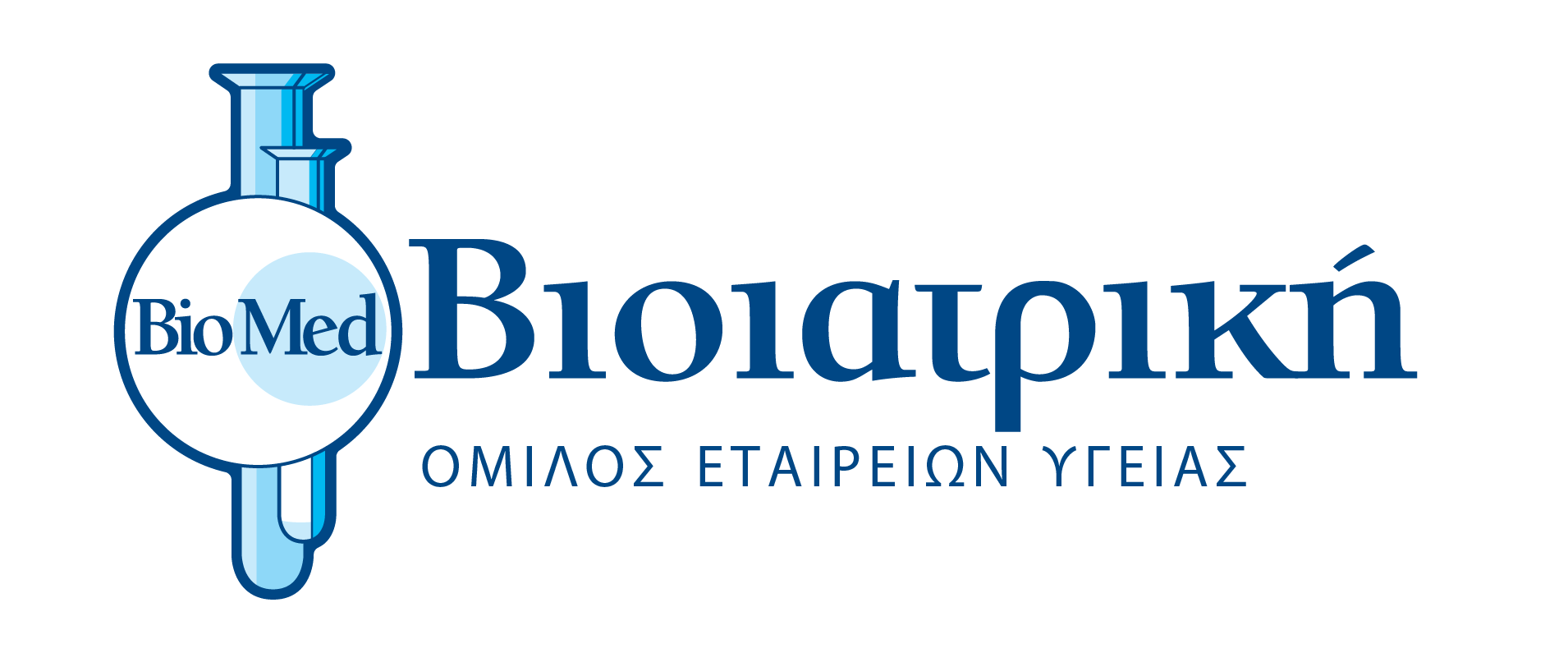
by Dionysia Vardakastani*
Veganism attracts more and more supporters lately who include not only the average citizens but athletes as well. This dietary model excludes all food of animal origin both those consisted of the animals per se and those produced by the animals, such as honey.
Veganism advocates argue that this life choice is not only based on the moral code of not consuming meat products but is also on health reasons. More specifically, strict veganism benefits the small intestine’s function and plays a key role in the prevention of cardiovascular disorders, diabetes, and certain types of cancer due to the high consumption of fiber and the low consumption of saturated fats. Additionally, it contributes to the maintenance of an ideal body weight since vegans tend to have a low body mass index (BMI).
However, a regular-base adoption of strict veganism may lead to detrimental effects on our health, such as insufficient intake of certain nutrients, which are considered necessary for the proper function of our organism. Some deficiencies and, by extension, the deficiency of these nutrients, may not manifest immediate health symptoms, but may act “silently” for many months. For this reason, a regular health check-up for their in-time detection is recommended.
The most common health checkups for the vegans are:
Complete Blood Count
It is a routine test, which depict the general image of the body’s health, concurrently with the detection of potential cases of anemia, inflammation, or allergy.
Ferritin, Fe & Total iron-binding capacity (TIBC)
Strict veganism consists of poor heme-iron resources, therefore, the levels of iron, ferritin and TIBC in the blood are crucial to be checked.
Complete cholesterol check
Assessment of the body’s cholesterol is important even when the diet does not consist of meat. Furthermore, in cases of high cardiovascular risk due to family health history, complete cholesterol check prevents the individuals from health disorders. Nevertheless, extremely low levels of cholesterol negatively impact the hormone synthesis, such as estrogen and testosterone.
Vitamin B12
Checking the levels of vitamin B12 is one of the most important tests, as both vegetarians and vegans may have zero intake through their foods of this vitamin. B12 deficiency may lead to depression, confusion, anemia, and long-term damage to the nervous system, not to mention the increased risk of stroke and heart diseases.
Vitamin D
All fat-soluble vitamins, namely the A,D,E, and K complex, are recommended to be checked regularly in vegans.
Especially vitamin D has a protective effect against many diseases and plays a vital role in the absorption of calcium and phosphorus. In essence, it is a complex of ergocalciferol (food of plant origin – D2) and cholecalciferol (food of animal origin – D3) for the formation of which our exposure to the sun is necessary. However, due to the urban lifestyle (working indoors, using moisturizers all over the body, and face sunscreens with an SPF), sun exposure is minimal to none.Low vitamin D levels have been associated with an increased incidence of the common cold, while long-term effects include osteoporosis, inflammation of the mucous membranes (respiratory, urinary, and genital systems), and various forms of cancer.
The evaluation of the above health indicators once or twice a year is considered necessary in both vegetarians and vegans. All the above tests are carried out in the Yiannoukas Medical Laboratory, member of BIOIATRIKI Healthcare Group, and their results are validated by the medical team of Microbiologists – Biopathologists of the clinical laboratory.
*Coordinator of Medical Representative of BIOIATRIKI Healthcare Group in Cyprus, Clinical Dietetics (MSc)
References:
Dinu et al. Vegetarian, vegan diets and multiple health outcomes: A systematic review with meta-analysis of observational studies. Crit Rev Food Sci Nutr. 2017 Nov 22;57(17):3640-3649.
Selinger et al. Evidence of a vegan diet for health benefits and risks – an umbrella review of meta-analyses of observational and clinical studies. Critical Reviews in Food Science and Nutrition. May; 2022.
Tuso et al. Nutritional Update for Physicians: Plant-Based Diets. Perm J. 2013 Spring; 17(2): 61–66.
Position of the Academy of Nutrition and Dietetics: Vegetarian Diets”., J Acad Nutr Diet. 2016 Dec;116(12):1970-1980.









